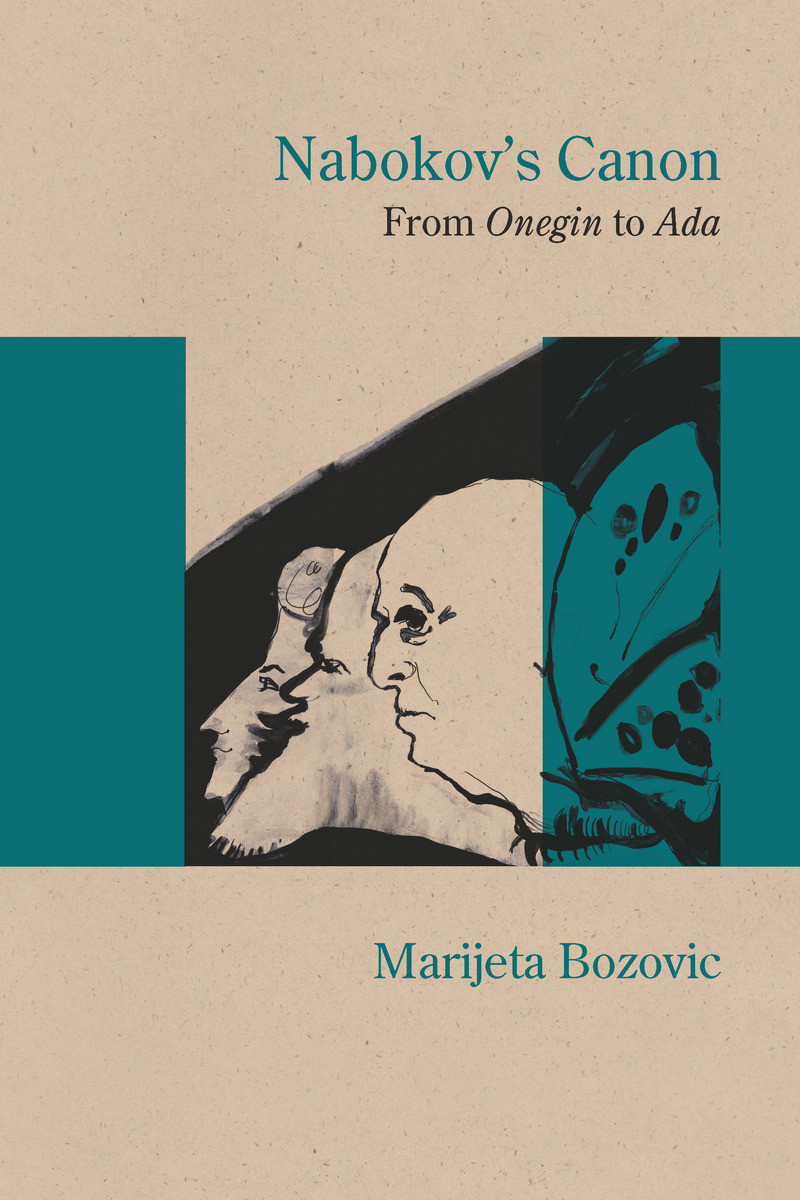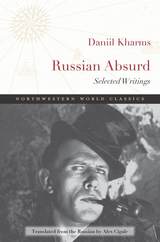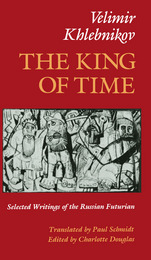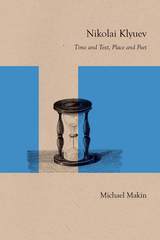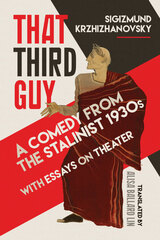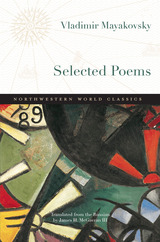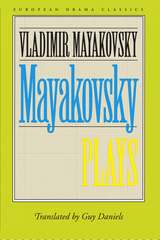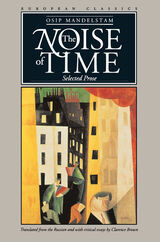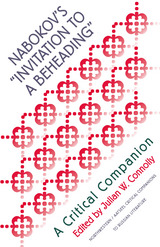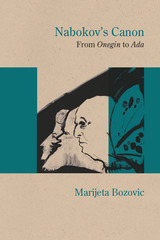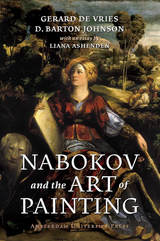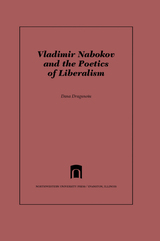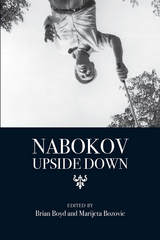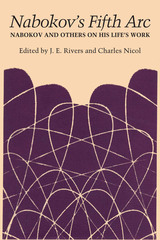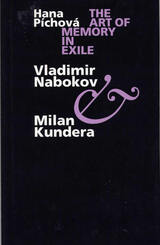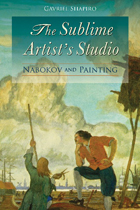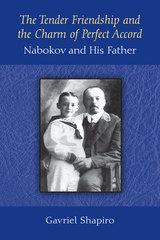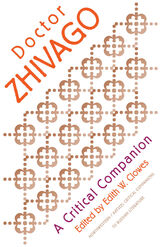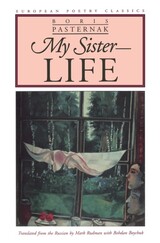Nabokov's Canon: From "Onegin" to "Ada"
Northwestern University Press, 2016
Cloth: 978-0-8101-3315-0 | eISBN: 978-0-8101-3316-7 | Paper: 978-0-8101-3314-3
Library of Congress Classification PG3476.N3Z5924 2016
Dewey Decimal Classification 813.54
Cloth: 978-0-8101-3315-0 | eISBN: 978-0-8101-3316-7 | Paper: 978-0-8101-3314-3
Library of Congress Classification PG3476.N3Z5924 2016
Dewey Decimal Classification 813.54
ABOUT THIS BOOK | AUTHOR BIOGRAPHY | REVIEWS | TOC | REQUEST ACCESSIBLE FILE
ABOUT THIS BOOK
Nabokov's translation of Pushkin's Eugene Onegin (1964) and its accompanying Commentary, along with Ada, or Ardor (1969), his densely allusive late English language novel, have appeared nearly inscrutable to many interpreters of his work. If not outright failures, they are often considered relatively unsuccessful curiosities. In Bozovic's insightful study, these key texts reveal Nabokov's ambitions to reimagine a canon of nineteenth- and twentieth-century Western masterpieces with Russian literature as a central, rather than marginal, strain. Nabokov's scholarly work, translations, and lectures on literature bear resemblance to New Critical canon reformations; however, Nabokov's canon is pointedly translingual and transnational and serves to legitimize his own literary practice. The new angles and theoretical framework offered by Nabokov's Canon help us to understand why Nabokov's provocative monuments remain powerful source texts for several generations of diverse international writers, as well as richly productive material for visual, cinematic, musical, and other artistic adaptations.
See other books on: 1899-1977 | Ada | Literature, Modern | Nabokov, Vladimir Vladimirovich | Russian literature
See other titles from Northwestern University Press
